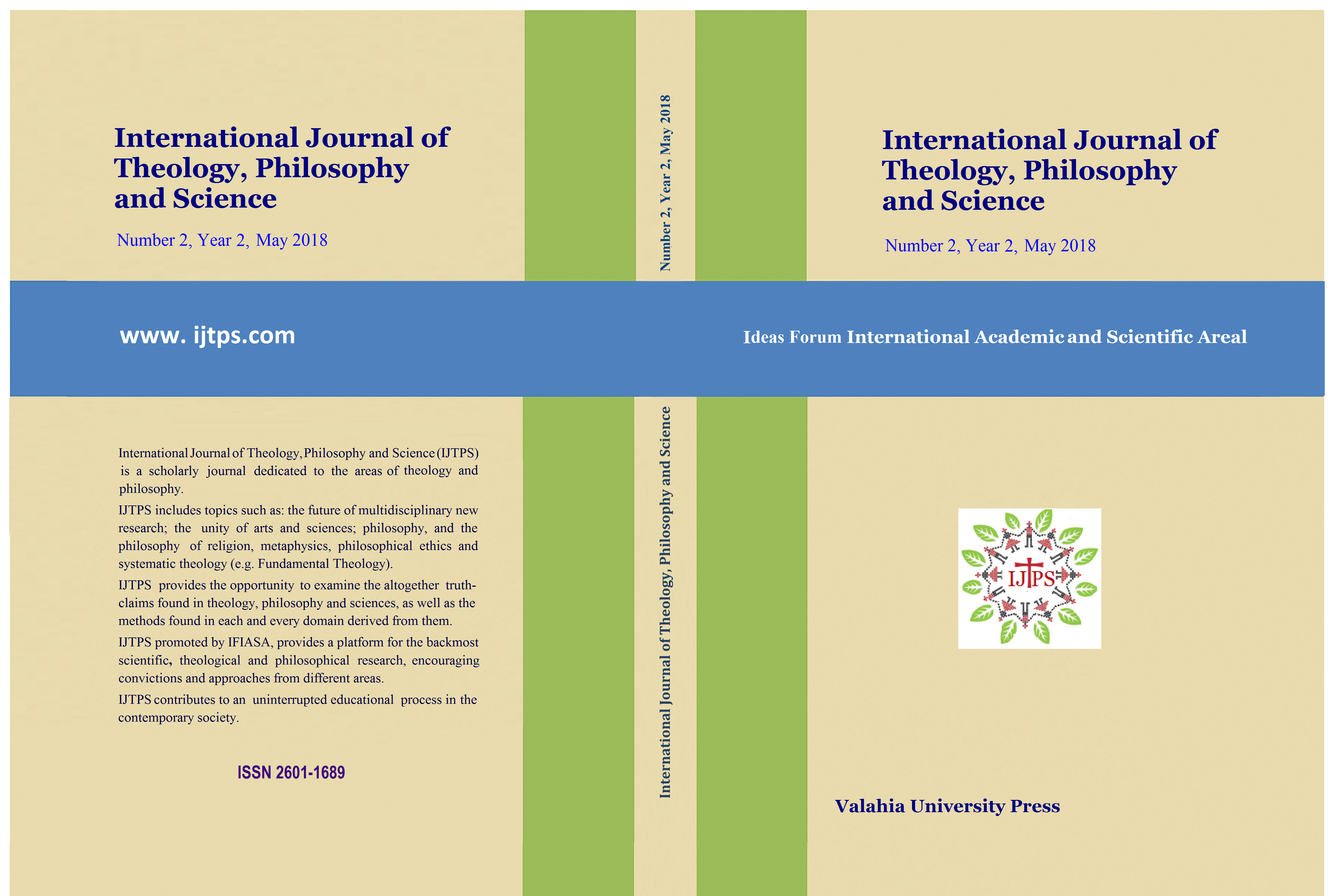Outlines of comparative view of Hindu and Christian Mysticism
Outlines of comparative view of Hindu and Christian Mysticism
Author(s): Alexandru-Corneliu ArionSubject(s): Christian Theology and Religion, Theology and Religion, Comparative Studies of Religion, Indian Philosophy
Published by: Ideas Forum International Academic and Scientific Association
Keywords: mysticism; Hinduism; Christianity; unification; being; knowledge; person; transfiguration; divine energies; identity;
Summary/Abstract: Mysticism is about knowing and unifying man with God (unio mystica), in a process that involves concerted cognitive and ascetic efforts. Mysticism does not follow, according tothe classic pattern, the moralizing of man, but reach at the direct and immediate knowledge of God. Thus, mysticism is not, firstly, a matter of ethics, but a theoretical or,rather, an epistemological one. For what is being pursued and done in the states of ecstasy is a different kind of knowledge than the one allowed to people in the common state, knowledge which is also a special state of grace. Thus, in order to achieve the mystical state, Hinduism emphasizes true knowledge. The union with Brahman is given,but it must also be realized consciously through the salvific gnosis. The process of union in Hinduism is accomplished by removing the veil of ignorance (māya), that is, by knowing that the world is illusory, by the act of consciousness that man is essentially,always, identical to God. The knowledge (jñāna), obtained through meditative contemplation, is the path of mysticism in Hinduism. Once unity with God is given, it must only be consciously accomplished by removing the illusion that man would not be one with God-Brahman. The state of union is at the disposal of the ascetic, who has withdrawn from the world and lives only for contemplation. The model of Hindu ontological identity, Christianity opposes the model of personal transfiguration, through the continuous elongation of the person in God, realization possible only from the perspective of divine uncreated energies. God is not present with His being in the space that He created, but by plasticizing the reasons of creation, He constitutes the latter as an organic whole, harmonious in himself, which He sustains through His will. Unlike the ontological identity between God and the creature of Hindu perspective, the Christian mysticism of the Eastern Church postulates the eternally ontological difference between man and God.
Journal: International Journal of Theology, Philosophy and Science
- Issue Year: 2/2018
- Issue No: 2
- Page Range: 61 - 78
- Page Count: 18
- Language: English

